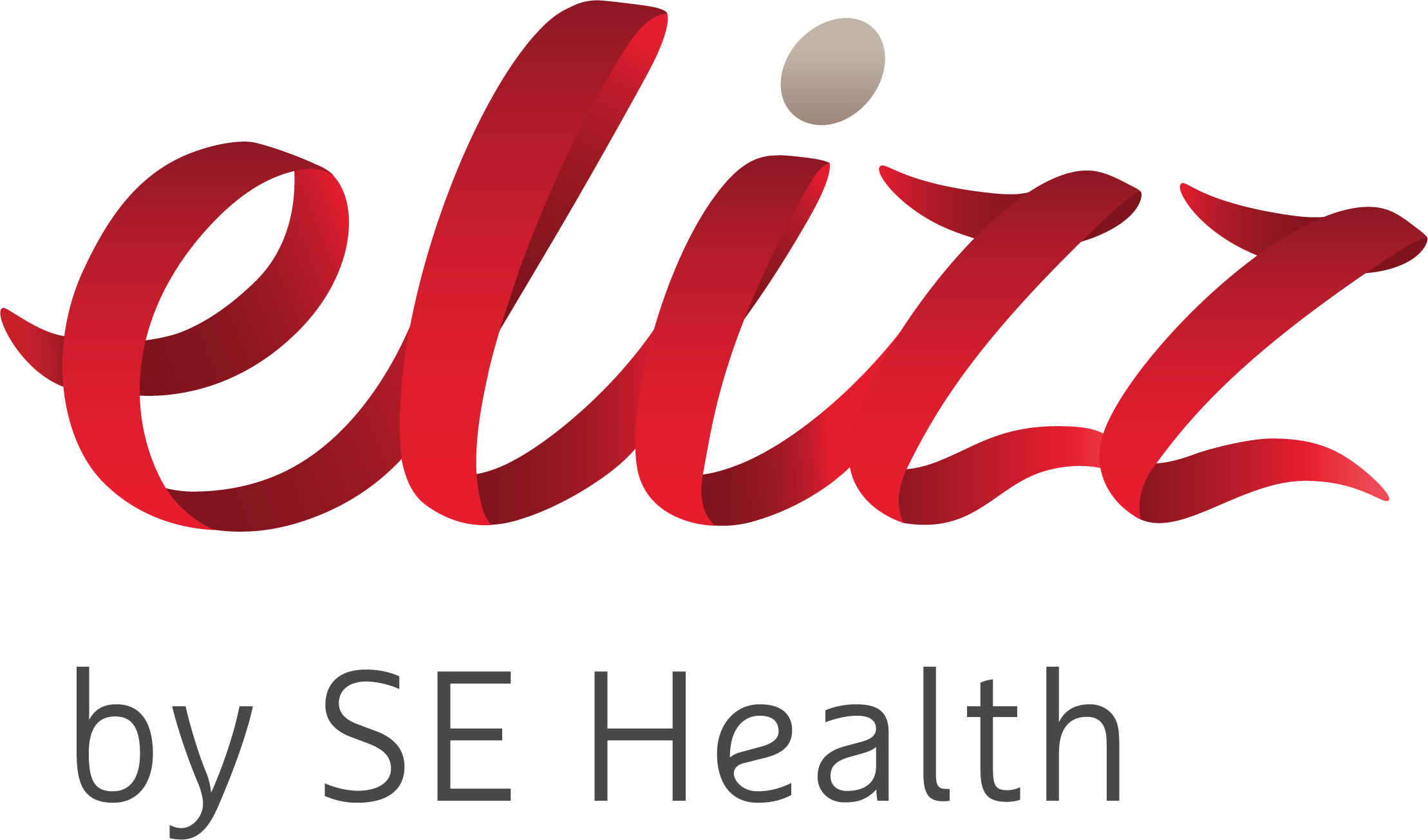Journal your way to self-awareness

Journaling is not simply pouring out our thoughts and feelings and experiences on paper. Thinking about ourselves does not translate into knowing ourselves. Drawing on Eurich and others’ research, here is concrete guidance on how to keep a journal.
How to get the most out of journaling
- Approach the process with humility (we tend to be overconfident about how self-aware we are and we all have blind spots about how we are behaving and why). Eurich advises us to stop assuming we are already self-aware.
- Bring self-acceptance to the process. We have to be prepared for what we find out. If resistant, we are less likely to be honest and the whole process will be a miserable one. Consequently, we will be less likely to continue.
- Evaluate and analyse thoughts, feelings and behavior (and of the three, behavior is the best ‘truth teller’).
- Look for patterns (feeling, thinking and behavioural patterns)
- Solutions are explored. Your analysis spurs on actions.
- Explore other people’s perspectives-that is, perspectives other than your own (we can’t trust our own).
- Ask what questions, not why ones. Why leads to victim mentality and our answers are almost always wrong!. What questions move us away from emotion to rationality, and are also action oriented and future focused.
- Explore the negative (exploring the positive sucks the joy out of the positive!).
- Write about the facts surrounding the event, not just your thoughts or emotions .
- Don’t write every day.
When journaling is not helpful (and maybe even harmful)
- When it is just a dumping ground (feeds victim mindset and rumination).
- When it becomes self-absorption, part of what Eurich calls “The Cult of Self” (which is the opposite of self-awareness). I have an image of Gollum from Lord of the Rings, salivating over his ‘precious thoughts’.
- When there is no processing of thoughts and feelings.
- When you write about things over and over in the same way.
As you can see from this list, when the goal is knowing yourself/becoming self-aware, our thoughts and feelings need to be examined or analysed, and not accepted as is. This is because there are unconscious factors at play and we have cognitive biases and blind spots. As a result, we can and usually do have incorrect or inaccurate perceptions of ourselves. Eurich and others guide us out of these trappings into a way of journaling that really helps us move towards self-awareness.
Are you a journaler? Is there anything on these lists that surprises you?









